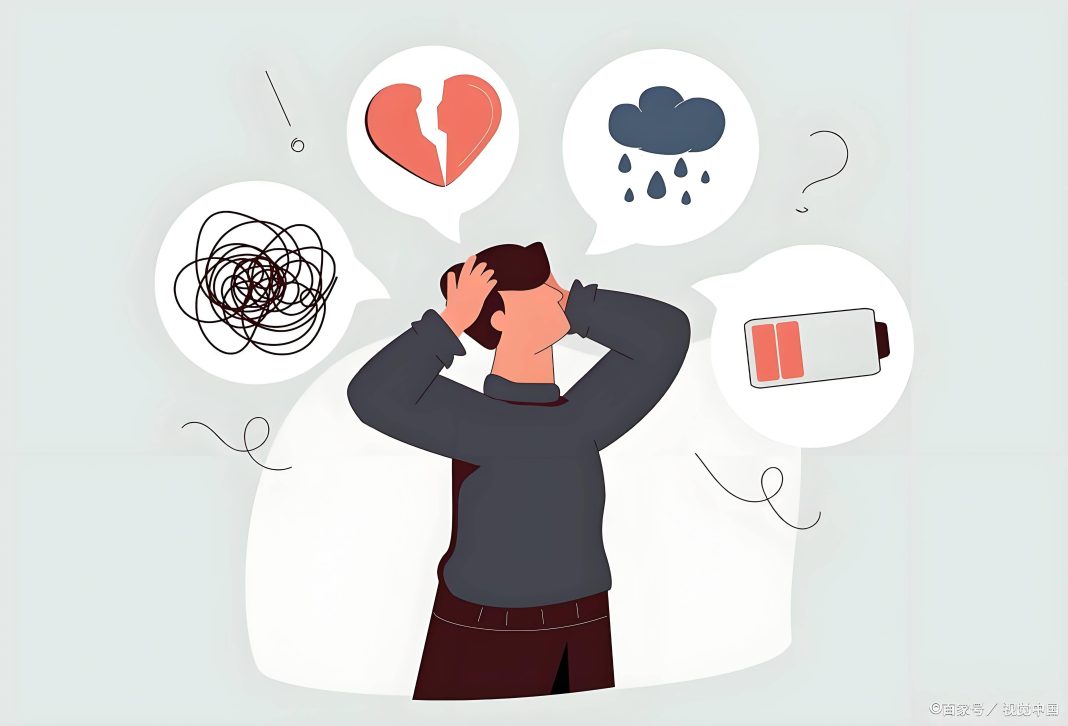junior students are at a critical period in their lives, facing multiple pressures from studies, future planning, and interpersonal relationships. These pressures can easily trigger or exacerbate psychological issues, especially obsessive thinking. This thought pattern not only affects learning and daily life but can also lead to feelings of helplessness and isolation. However, confronting the problem and devising a reasonable relief plan can help students gradually overcome their difficulties. This article will explore how junior students can create effective plans to alleviate obsessive thinking in a dormitory environment, illustrated by real case studies.
Manifestations and Impacts of Obsessive Thinking
Obsessive thinking refers to the uncontrollable recurrence of disturbing thoughts or impulses. This type of thinking is usually accompanied by intense anxiety and inner conflict, causing students to dwell on certain negative, meaningless content without being able to stop. For instance, some students may repeatedly check if the door is locked, knowing it is secure yet still feeling uneasy; or they might ruminate over a detail, fearing they missed something, making it difficult to concentrate on studies or life.
This way of thinking not only severely drains students’ energy but can also trigger deeper psychological issues, such as depression or anxiety. Therefore, timely formulation of a relief plan is crucial.
Case Analysis: Xiao Li’s Predicament
Xiao Li is a junior student preparing for graduate exams. Due to the high academic pressure, he gradually developed obsessive thinking, characterized by repeatedly checking whether his study notes are correct and confirming whether his exam materials are complete. Whenever he tries to relax, these obsessive thoughts repeatedly invade his mind, preventing him from resting and even affecting his sleep and diet.
The enclosed environment of the dormitory exacerbates Xiao Li’s anxiety, as he feels he cannot escape these thoughts. To alleviate this anxiety, he began to avoid contact with his roommates, gradually falling into isolation and self-imposed confinement.
Steps to Formulate a Relief Plan
Confronting the Problem and Accepting Reality The first step for Xiao Li is to confront the existence of obsessive thinking and accept his current state. Obsessive thinking is not terrifying; it is merely a signal indicating that we need to better manage our emotions and stress. For Xiao Li, admitting he has this issue does not mean he is weak or a failure, but rather it is an important step toward solving the problem.
Setting Specific and Achievable Goals Xiao Li can set a gradual goal to reduce his compulsive behaviors. For example, in the first week, he could try reducing the number of times he checks his notes from ten to five. Over time, he could progressively decrease it to three, then one, until he no longer needs to check repeatedly. He can also track the frequency and intensity of each occurrence of obsessive thinking to better monitor his progress.
Utilizing Time Management Techniques Obsessive thinking often intensifies during anxious moments. Xiao Li can reduce anxiety by creating a detailed time management plan. For example, he can set clear time limits for each study task, strictly adhering to the plan, and reward himself after completing tasks, such as by listening to music or chatting with friends. This approach can effectively divert his attention and reduce the impact of obsessive thinking.
Building a Support System The dormitory is an environment shared with classmates, and Xiao Li should not face problems alone. He can try to share his predicament with his roommates to gain their understanding and support. Alternatively, he can seek on-campus psychological counseling services to discuss his issues with professionals and receive effective advice.
Learning Relaxation Techniques Xiao Li can try relaxation techniques such as deep breathing, meditation, or yoga, which can help calm his emotions when obsessive thoughts arise. Especially within a dormitory environment, these methods are not only simple to practice but also allow him to quickly regain inner peace.
Avoiding Self-Criticism Xiao Li needs to recognize that occasional failures or relapses do not indicate failure in effort. On the contrary, he should learn to be forgiving towards himself, understanding that recovery is a gradual process. After each relapse, he can reflect on the experience, identify triggers for obsessive thinking, and better respond the next time it occurs.
Seeking Professional Help If obsessive thinking severely impacts his life and studies, Xiao Li should consider seeking professional help. On-campus counseling centers or professional psychologists can provide effective treatment options such as cognitive-behavioral therapy (CBT) or medication. During this process, Xiao Li can work with the psychologist to develop a more detailed and personalized relief plan.
Case Outcome: Xiao Li’s Progress
After several months of formulating and adhering to the above plan, Xiao Li’s situation significantly improved. He no longer needs to repeatedly check


